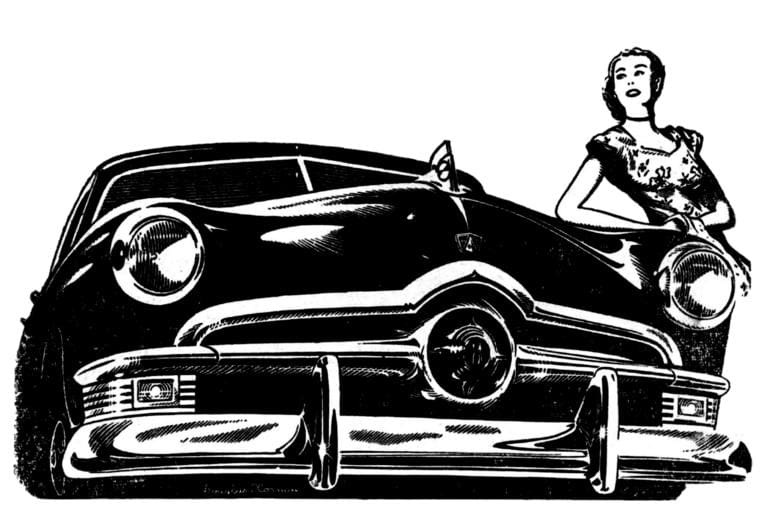A Kaspersky poll revealed last month that 72% of drivers are uncomfortable with automakers sharing their private data, and 71% of drivers would consider buying an older car with less technology to avoid that.
Survey respondents were shown a survey, conducted in September by the charity Mozilla Foundation, which found that 84% of car manufacturers share or sell the data they gather from car owners. Nissan, for instance, says it collects details on a driver’s sexual behavior, while Kia says it gathers “information about your race or ethnicity, religious or philosophical beliefs, sexual orientation, sex life and political opinions” and “trade union membership.” Six automakers have acknowledged that they gather “genetic information” from drivers.
In their privacy policies, about 56% of carmakers indicate that they may provide law enforcement with personal driver information upon request, without requiring a warrant.
Tesla has successfully obtained a patent for sophisticated facial recognition technology. Upon detecting the driver’s detailed facial characteristics, the camera mounted within the car will address the driver by name and modify the car’s settings according to a user profile saved within the vehicle’s system.
The car will not only recognize face features, but it will also identify the “spatial locations” of each occupant. This will enable the car to personalize settings, such as altering the air conditioning and audio focus for the driver and passengers accordingly. The patent states that body movements, body forms, and user behavior will be recorded and kept “for further analysis.”
All biometric data, including photos and video of facial features and other metrics will be retained within the car’s system. These measurements will be utilized to assess the state of the driver.
The car will also observe the driver’s typical behavior, eye and body movements, seating posture, tone of voice, and “health parameters.” If there is a deviation in these patterns, such as a shift in tone of voice, the vehicle will prompt the driver to inquire if they require any help. If the driver fails to respond within a specified timeframe, the vehicle will automatically transmit an emergency signal to a nearby hospital and initiate a request for emergency assistance. In certain instances, the vehicle has the capability to autonomously go to the closest healthcare facility.
A comparable protocol will be implemented in the event of a collision.
If the automobile detects the driver closing his eyes or nodding his head, it has the capability to send a strong signal to notify the driver, direct cold air towards the driver’s face, and/or cease driving.
Earlier last year Ford submitted a patent application for “self-repossessing technology,” which links the vehicle to the driver’s loan company and allows the vehicle to repossess itself in the event that the driver defaults on a car payment. The patent specifies a number of possible penalties for drivers who do not pay, including removing air conditioner access or preventing the driver from traveling to particular locations, like work or school. Other possible situations include drivers not being able to get into their cars or the automobile making noises until the next payment is made. Additionally, the vehicle can be able to drive itself to a specified scrapyard or impound area.
Ford’s systems, meanwhile, would constantly assess the driver’s emotions to determine the best way to discipline them.





